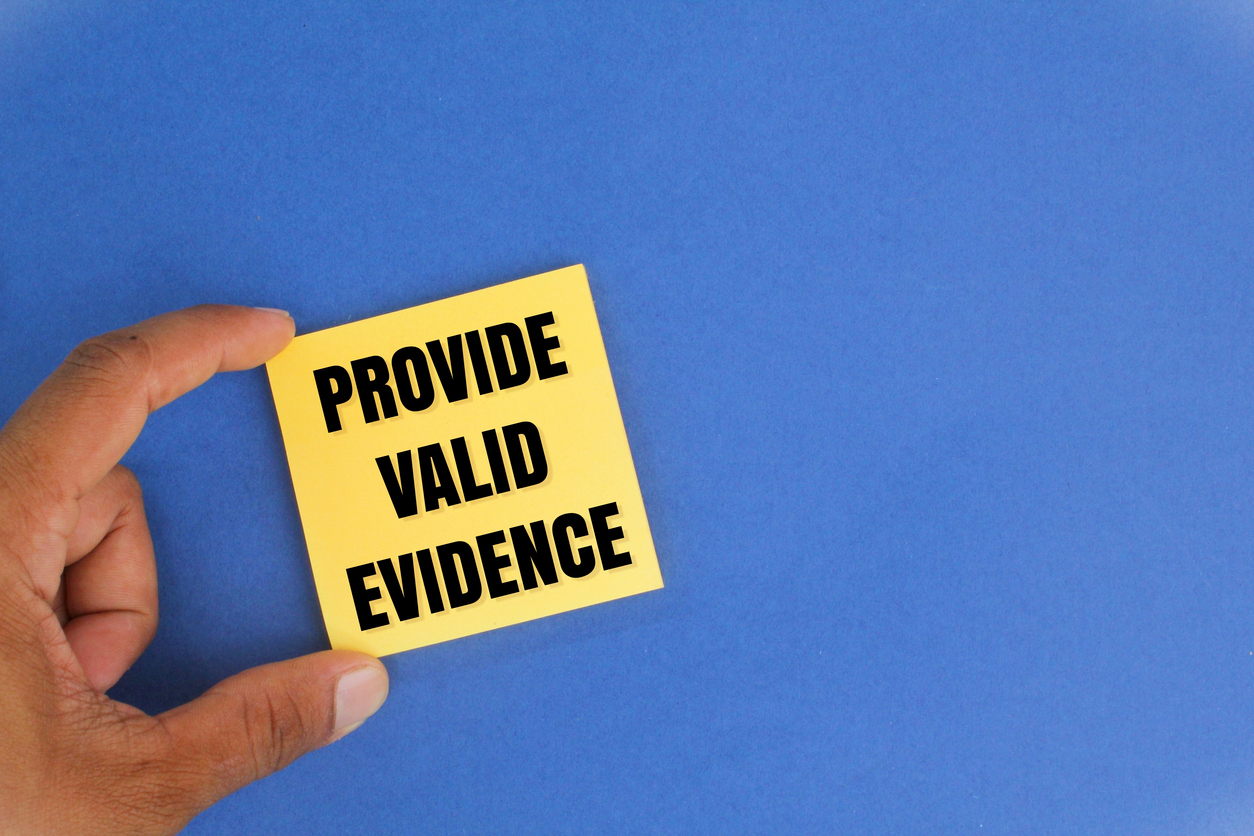Proposed Colorado Senate Bill No. 38 “Concerning Measures To Protect Consumers Who Engage A Roofing Contractor To Perform Roofing Services On Residential Property” is sponsored by Democratic Senator Tochtrop and Republican House Representative Vaad.
As discussed in prior posts, although the bill purports to provide consumer protection against unscrupulous roofers, the bill would actually hurt consumers in several ways if it is passed in its current form.
Currently, the bill (1) guts some of the protections afforded to consumers under C.R.S. 10-3-1115 and -1116 and bad faith common law by releasing insurers from their duty to perform a timely and thorough investigation of a loss, which often includes a reasonable review and consideration of all damage estimates put forth by the insured homeowner; (2) places a huge burden on the homeowner to prosecute their roof damages claim against their insurer and pursue a second action in court for damages against a roofing company that caused the non-payment of their roof damage claim; and (3) increases the likelihood that the insurer (rather than a qualified roofing contractor) will determine the scope of replacement or repair work.
This bill also hurts consumers because the bill’s vague language, allowing roofers to “discuss” the scope of repairs with the insurer, opens the door to unauthorized public adjusting by roofers.
In Colorado, public insurance adjusters must be licensed before they can engage in public adjusting. Only licensed public adjusters may negotiate an insurance claim on behalf of the property owner. Such negotiations with the insurer often include discussing the extent of damage, the scope of repairs or replacement required under the property owner’s policy, as well as the cost to complete the repairs/replacement. Any roofing contractor who engages in negotiation of these items on behalf of the property owner is likely engaging in the unauthorized practice of public adjusting without a license.
Senate Bill 38 blurs the distinction between what roofers may discuss and what public adjusters may discuss with the insurer on behalf of the property owner. The bill states:
(3) A ROOFING CONTRACTOR SOLICITING ROOFING SERVICES IN THIS STATE SHALL NOT CLAIM TO BE OR ACT AS A PUBLIC INSURANCE ADJUSTER ADJUSTING CLAIMS FOR LOSSES OR DAMAGES. NOTHING IN THIS ARTICLE PREVENTS A PUBLIC INSURANCE ADJUSTER LICENSED PURSUANT TO SECTION 1 10-2-417, C.R.S., FROM ACTING OR HOLDING HIMSELF OR HERSELF OUT AS A PUBLIC INSURANCE ADJUSTER. NOTHING IN THIS SUBSECTION (3) PRECLUDES A ROOFING CONTRACTOR FROM DISCUSSING, ON BEHALF OF THE PROPERTY OWNER, THE SCOPE OF REPAIRS WITH A PROPERTY AND CASUALTY INSURER WHEN THE ROOFING CONTRACTOR HAS A VALID CONTRACT WITH THE PROPERTY OWNER OF THE RESIDENTIAL PROPERTY ON WHICH THE ROOFING CONTRACTOR HAS CONTRACTED TO PERFORM ROOFING WORK.
The first sentence states a roofer may not act as a public adjuster. However, the last sentence contradicts the first sentence and authorizes the roofer to perform some public adjusting activities. The bill specifically allows a roofer to “discuss” the scope of repairs on behalf of the property owner. These words mean the roofer is now in a position representing the homeowner on his or her roof damage claim to the insurance company. This is precisely what public adjusters do. Indeed, numerous courts around the country have clarified that public insurance adjusting is “[p]roviding an estimate of property damage and repair costs, . . . and [p]resenting the claim to the insurance company, i.e., delivering the necessary paperwork and data to the insurer.” Linder v. Insurance Claims Consultants, Inc., 560 S.E.2d 612, 621 (S. C. App. 2002).
Allowing roofers to usurp the role of public adjusters is harmful to consumers because many roofers may not have the proper knowledge or understanding of insurance policy provisions or insurance coverage. As worded, the bill puts the consumer at a disadvantage because they may now be represented by a roofer who lacks the proper understanding of the claim, the insurance policy, or the proper repair or replacement required by the policy. The Colorado Division of Insurance should also be highly concerned about this provision of the bill because it circumvents the requirements of C.R.S. 10-3-417. The bill allows roofers to act as public insurance adjusters—without a license to do so.



